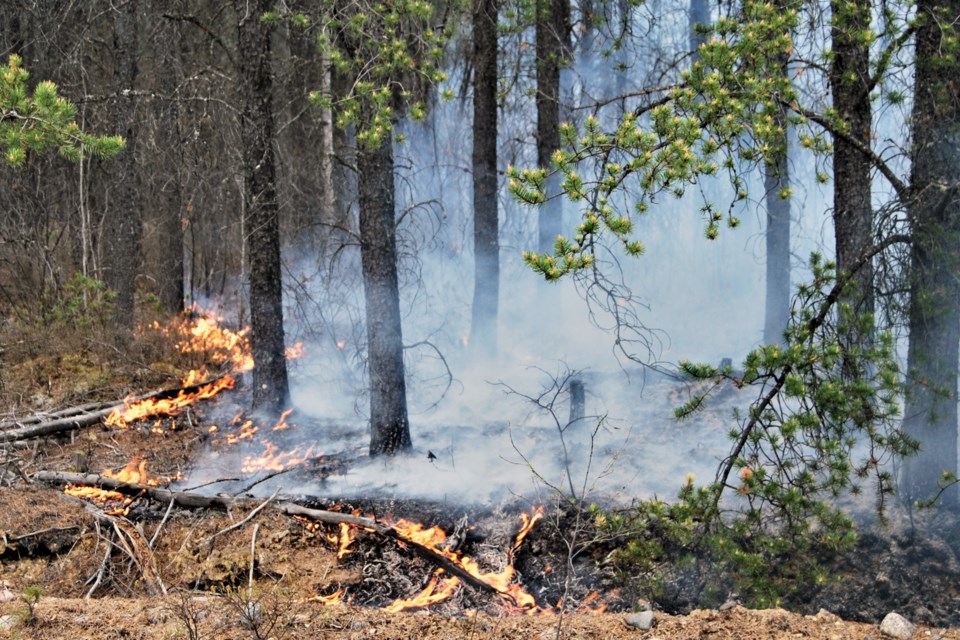The smoke from recent wildfires that has hit Sudbury, Northern Ontario and so many other parts of Canada is enough to cause many Canadians to think about moving someplace safer, said a new survey by Angus Reid Institute.
The study said roughly one-quarter of young adults affected by smoke and fumes from recent wildfires say they would think of moving.
Angus Reid said this year is likely to be remembered as the "summer of smoke" in Canada. The institute said based on research, 13 per cent of Canadians affected by wildfire smoke in the past five years would reconsider moving to a community that feels safer.
Among young adults surveyed (aged 18 to 34), the smoke concern was serious enough that 24 per cent would reconsider where they're living before settling down to build their lives going forward.
The survey showed that 15 per cent of those in the 35 to 54 age group would consider relocating to avoid wildfire smoke, while only six per cent of those in the 55-plus age group would consider a move.
"Climate migration in Canada may be a new concept, but this research suggests it is on the minds of many," said the Angus Reid news release.
Overall, Canadians are close to twice as likely to say that climate change is directly contributing to worsening fire seasons than not. Three-in-five (59 per cent) hold this view, while one-in-three (33 per cent) disagree, said Angus Reid.
"Before the end of summer, officials had already declared 2023 to be the worst wildfire season ever recorded in Canada. There have been more than 5,500 reported fires that have burned more than 13.4 million hectares,” said the news release.
"The latter figure represents six-fold the average seen in the last decade of wildfire seasons of 2.2 million hectares burned. The fight to contain the fires has cost the lives of at least four firefighters as Canada has enlisted help from the United States, Mexico and overseas to stop the spread of flames," the release continued.
A key finding in the study said nine-in-10 Canadians (89 per cent) say that climate change is happening and not up for debate. That said, this group is partially divided into those who feel it is human caused (67 per cent) or a natural cycle (22 per cent).
Another key finding according to the study is that wildfires have directly threatened many regions of the country while the resulting smoke has had widespread impacts. One-in-five (20 per cent) who have been touched by smoke this fire season said their health problems have worsened because of the poor air quality.
The full details of the wildfire smoke study can be found online here.
